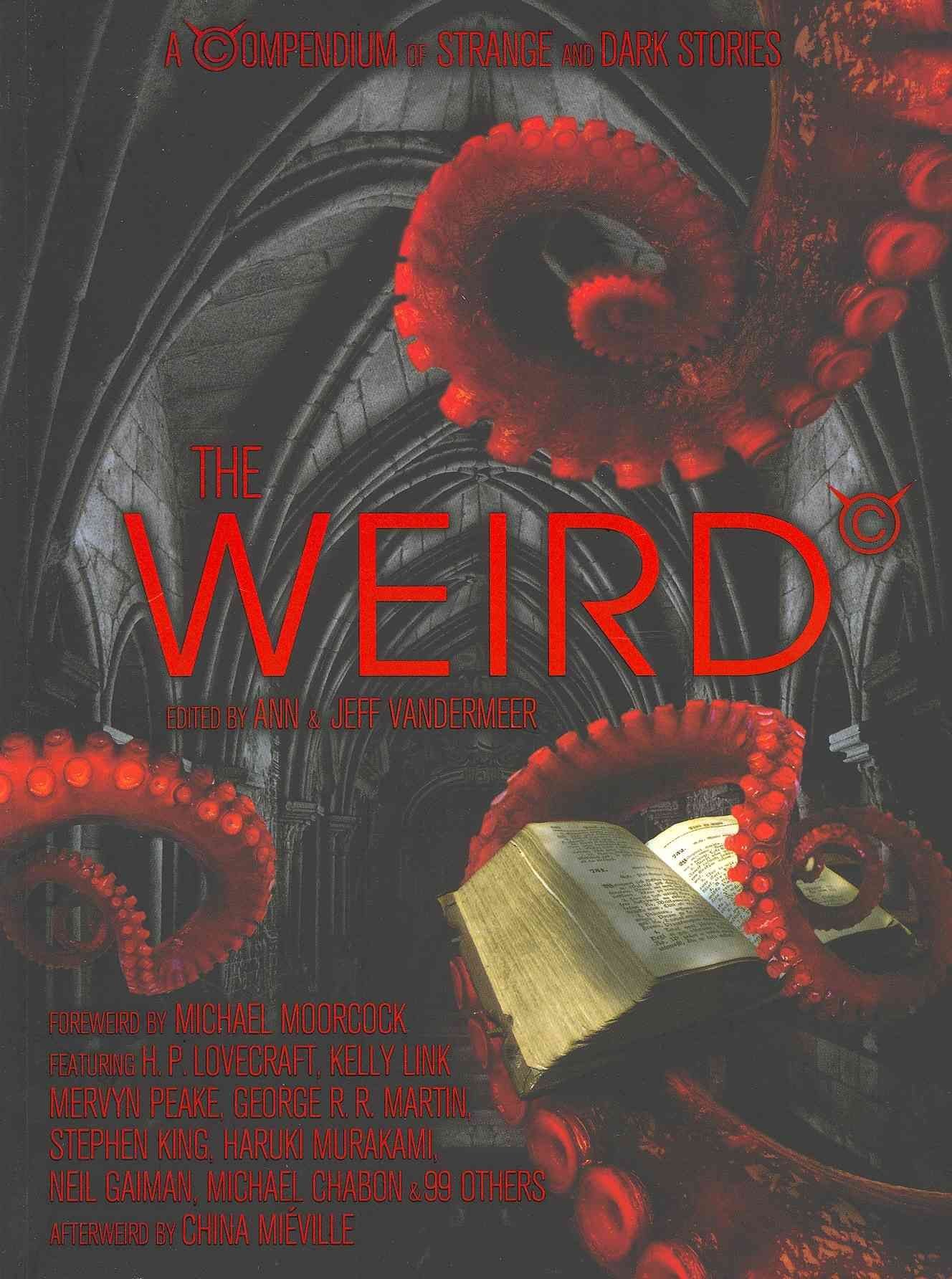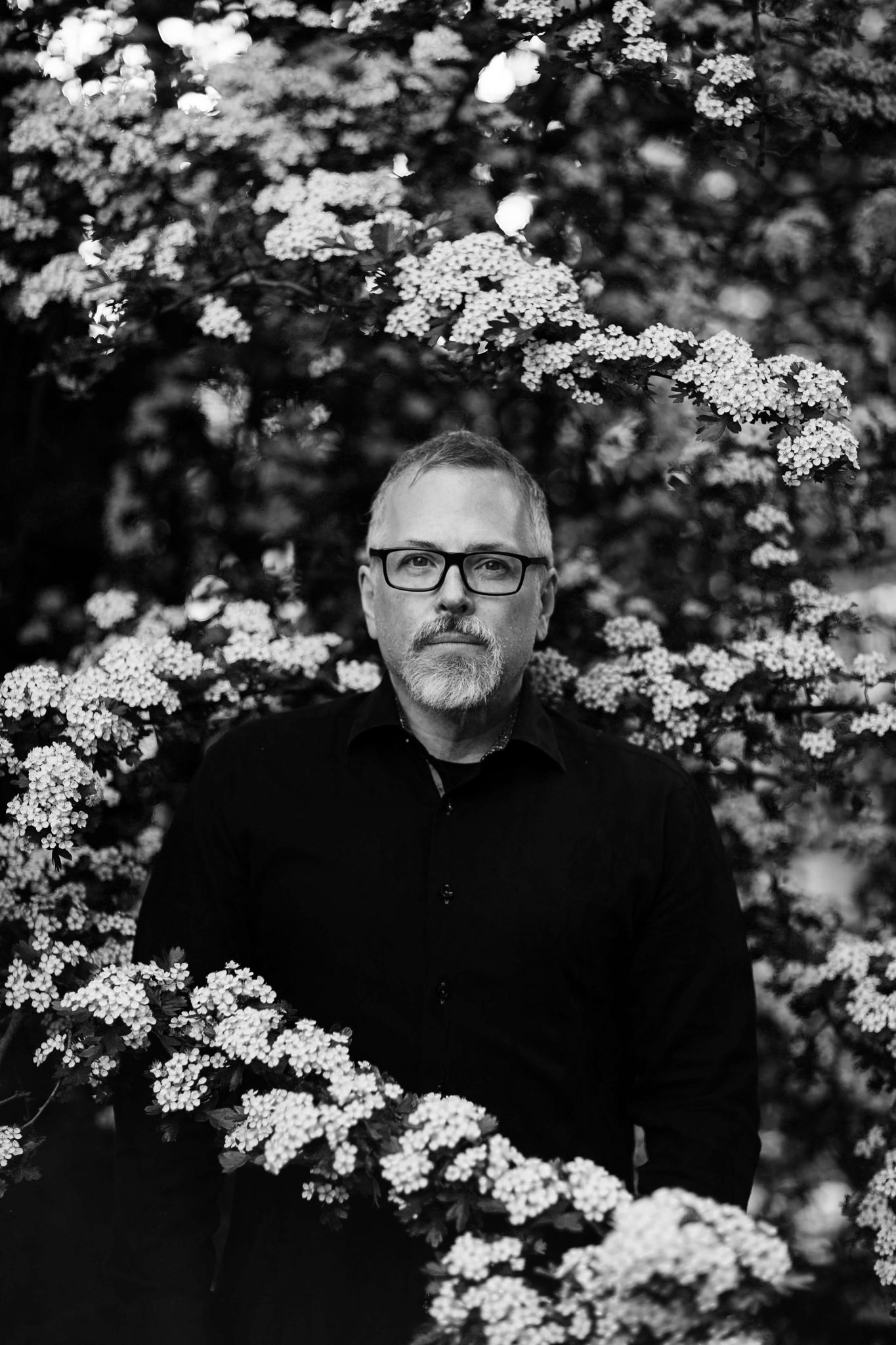
Once VanderMeer knew the truth, he couldn’t unsee it. A rogue’s gallery of plants that long ago escaped cultivation had silently taken over.

The yard, a landscaper explained, was overrun by invasive species. VanderMeer could have been living out any number of scenes from his own writing in Annihilation, his best-known novel, he described a character enraptured by “vegetation so dense, so richly green, that every spiral of fern seemed designed to make feel at peace with the world.”īut his peace was fleeting. One fan proposed on Twitter that the author’s yard was, itself, a fiction-an “elaborate set you’ve designed because you’ve gone ‘method’ on your next novel.” That didn’t seem too far off the mark. While much of VanderMeer’s literary output defies genre- elements of sci-fi and fantasy interlace with noir, horror, thriller, and the supernatural-it taps a common source: the infinite wonder and strangeness of nature. For VanderMeer, the thrill wasn’t so much the house as the seeming pristine wilderness out back, a riot of foliage so otherworldly that one of the neighbors called the area “ShadowVale.” The tangle was thick enough that, in the coming days, he would get lost exploring a dry creek bed at the bottom of the property. Ann, an editor and anthologist, was captivated by the built-in bookshelves. They had visited the house hours after it hit the market in mid-June and made an offer that day. It perched like an observatory on a half acre of land that dissolved into lush, primordial jungle.



He and his wife, Ann, had just bought a bright, airy home nestled in the forest canopy at the edge of a small ravine in Tallahassee, Florida. In August 2018, novelist Jeff VanderMeer gazed out at his new yard.


 0 kommentar(er)
0 kommentar(er)
